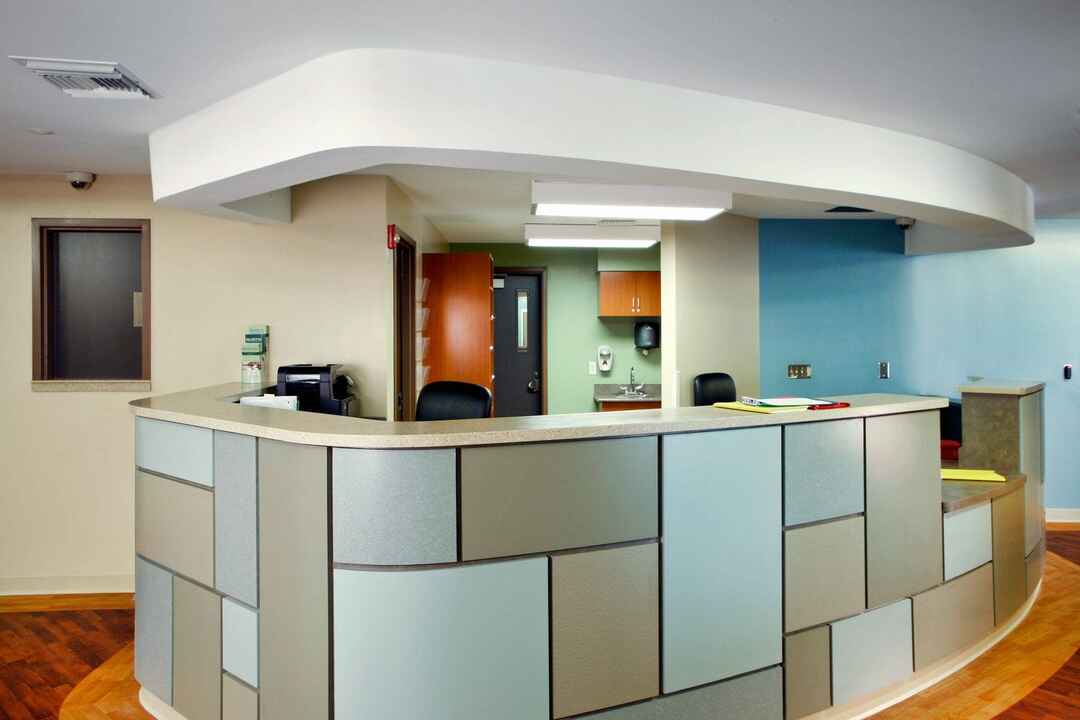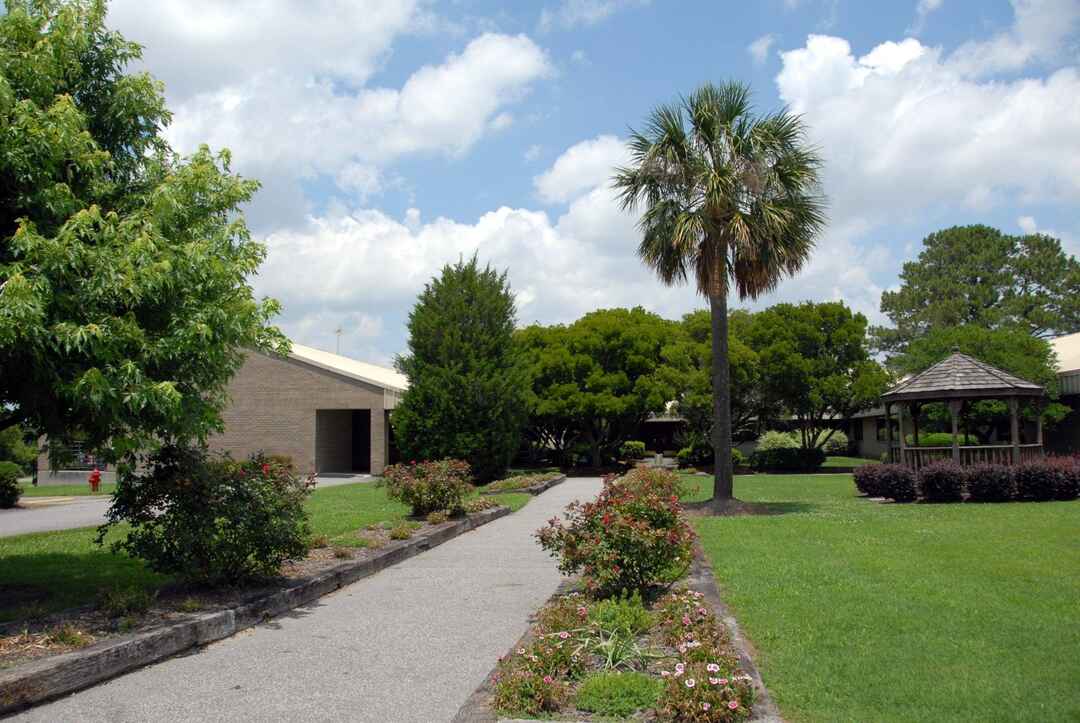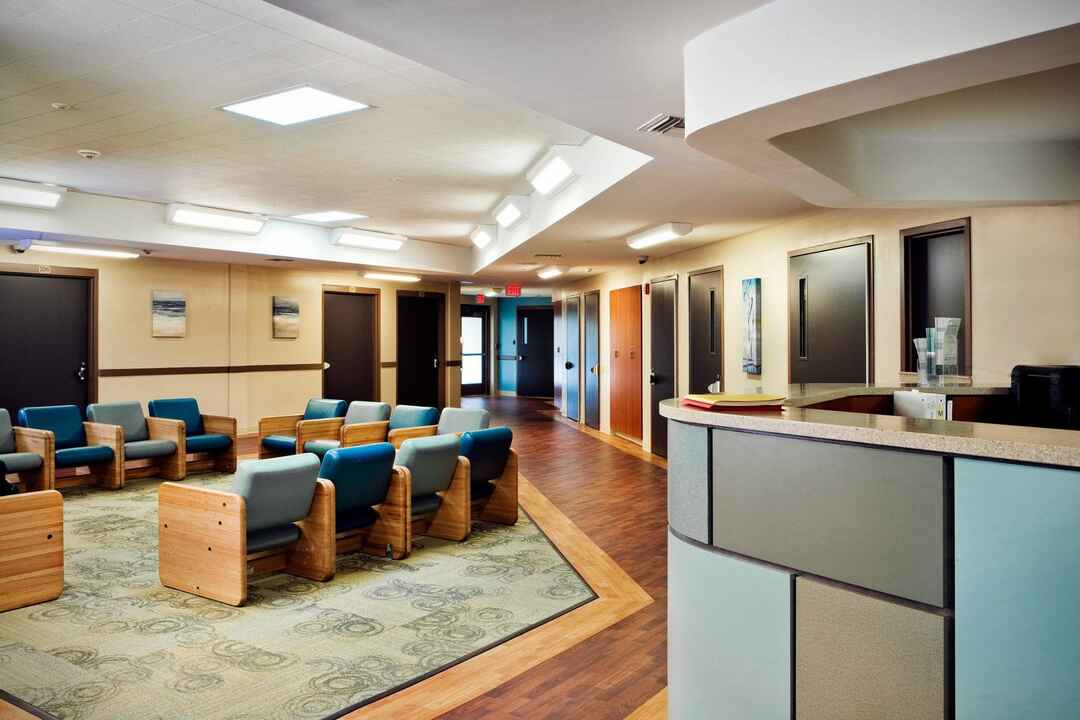About Palmetto Lowcountry Behavioral Health – North Charleston
Palmetto Lowcountry Behavioral Health is a private psychiatric care and drug rehab facility in North Charleston, South Carolina. Located on the Ashley River, they offer several treatment options, including inpatient, intensive outpatient (IOP), partial hospitalization (PHP), a chemical dependency half-day program and aftercare for teens, adults and seniors. They also care for folks who are struggling with a mental health condition and substance use disorder simultaneously (dual diagnosis) and provide specialized services for military personnel and people who’ve experienced trauma.
To make treatment accessible and cost-effective, they offer telehealth services and are in network for most insurance providers, including Medicaid, Medicare and TRICARE. They’re accredited by The Joint Commission.
This facility takes a multidisciplinary and individualized approach to treatment. Psychiatrists lead every program, but therapists, social workers, nurses and mental health technicians are also involved. Together, their team is equipped to support patients with a broad range of challenges, including those who’re currently dependent on drugs or alcohol, or have suicidal or homicidal thoughts. People experiencing mental health emergencies can access evaluation and intake services 24/7.
Another distinctive feature is the Patriot Support Program. Staffed by military veterans and a dedicated military liaison, the program is specifically designed for veterans and active-duty service members. Patients in the program have access to medication management using the military formulary, as well as rational emotive behavioral therapy (REBT), cognitive behavioral therapy (CBT), solution-focused therapy and motivational interviewing (MI).
Palmetto Lowcountry Behavioral Health also recognizes that trauma can profoundly affect people’s overall health and functionality, and that patients who’ve experienced trauma have distinct needs. The Trauma Recovery Program, offered in a group setting, may benefit people with conditions such as post-traumatic stress, panic disorder, obsessive-compulsive disorder, depression, or bipolar disorder.


















